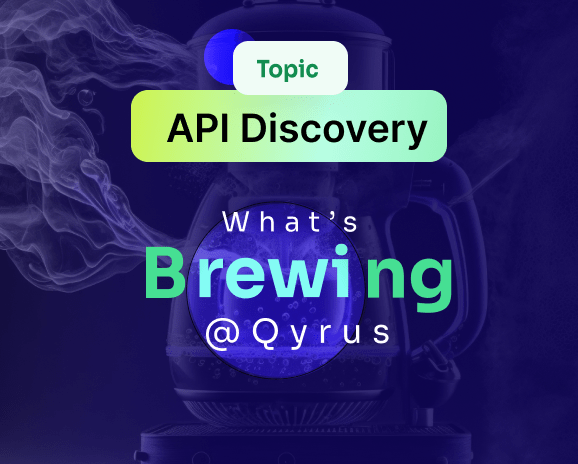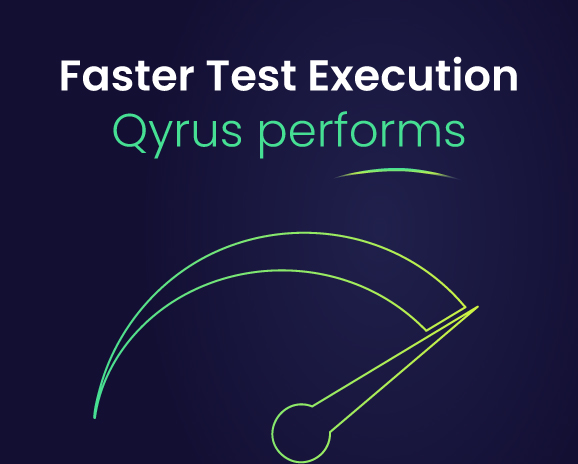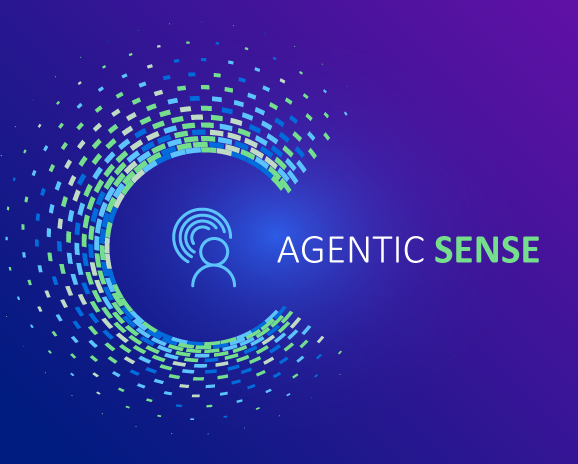Level Up with Qyrus API Discovery: The AI Extension

APIs could very well be the ‘wheels’ of software development. Populating GitHub with over 3.2 million repositories, these software intermediaries make communication between applications easier and allow developers to easily access and use existing coding infrastructure. The result? Apps come to life quickly and get scaled effectively. Most testers will also tell you that using APIs simplifies testing.
For instance, given APIs are machine-readable, businesses can automate testing with tools, reducing the total man-hours testers usually spend otherwise. Furthermore, test cases get executed easily, given that APIs follow specific standards and a consistent interface for communication. But perhaps most importantly, APIs enable testers to conduct tests for specific application components in isolation without the complete development of associated structures. This means, thanks to APIs, developers can identify issues faster and address them effectively as well. (We compiled a more extensive set of reasons for why API testing can help you shift left more effectively. Find it here.)
Ask a tester how much time they spend testing APIs, and they’ll give you a ballpark of an ungodly amount of hours, despite all these advancements. But why?
Challenges faced during API testing
- Manual onboarding of APIs
Tens of APIs get activated every time one performs an action on an application. And given several actions result in a process, it takes hundreds of APIs working in unison to perform a particular task. Keeping track of the functioning of all these APIs can be a challenging task, which is why developers tend to onboard APIs manually to help them with it.
It’s worth noting that manually onboarding APIs one by one is extremely time-consuming. But testers prefer it given it helps them perform tasks like API document verification and run other tests simultaneously. - Knowledge of business application process
Knowing the function of an API is fundamental in the testing process, given it helps testers understand how APIs work individually and in conjunction with each other, to develop effective testing protocols. However, testers are required to do the grunt work of reading documentation and conducting calls with developer teams for this. Moreover, familiarising oneself with API functions is a time-consuming process in itself. - Coding background necessary
From understanding API functionality to developing API tests, the testing process requires a basic understanding of code. Amateur API QA testers may therefore find developing tests intimidating and learning coding basics time-consuming.
Long story short, despite the advancements in tech, API testing is complex, given it requires having a thorough understanding of API functions and code. The process is also extremely time-consuming, given the reliance on manual onboarding and developer catch-ups involved. And must we mention the costs associated with bungled-up API tests? We’re talking about longer time spent in development and, worst case, angry users.
A reliable API testing tool could be the difference between being known as a business with a good app user experience or being dragged on social media for not having one. And we might have a tool to help you with the former.
Qyrus API Discovery plugin: Your personal API discovery assistant
Few tools in the market help streamline all aspects of API testing. Fewer still are intuitive and easy to use. The Qyrus API Discovery plugin is a rare blend of both. Essentially a Google Chrome plugin, the tool makes identifying, and testing, APIs a breeze. Here’s some more scoop into the benefits of the tool.
- Record relevant API calls
Qyrus’ API Discovery extension records all API calls in a web application or the User Acceptance testing environment, depending on your business use case. Furthermore, these recorded APIs can be exported as API tests and stored on the cloud. Once recorded, testers can also view the explanation of the API call on the plugin. That means they no longer need to spend hours going through developer docs to understand the functioning of the API. - Find relations between APIs through graphs
Along with recording APIs, testers can identify dependencies easily using the API discovery tool. Put another way, they can generate API processes. Through this, testers understand the direction of the data flow and help them develop useful tests to understand the efficiency of the APIs involved in performing a particular task. - Generate assertions to battle test APIs
QA engineers verify the functioning of APIs through assertions. Essentially, they generate the expected response first, then run the test to check if the response matches it. This is why generating assertions requires a fair understanding of coding. The API Discovery tool helps you automate software testing with artificial intelligence. Essentially, it uses Generative AI to create assertions from the header and body code and also runs the API test for you, simplifying the API testing process even further.
Qyrus provides customers exactly what they desire – a smart, consistent, and integrated test experience that supports end-to-end processes across platforms, with automation capabilities.
Find the API Discovery Extension here.
Fastrack API testing with Qyrus
A quick API testing process reduces the time from software development to deployment significantly. It helps QA testers and engineers recognize and resolve critical errors earlier, reducing costs and turnaround time, and enhancing security in the process. This, in turn, helps businesses introduce updates and application upgrades quickly and effectively. Furthermore, it helps businesses resolve bugs quicker, thereby reducing the instances of a subpar customer app experience.
Qyrus provides testers with an easy-to-use and intuitive platform that streamlines all tedious API testing tasks and offers rich reporting. The best part? It is available as a Google Chrome extension and can be used by a variety of users to simplify their existing software testing processes.
As Diego Lo Guidice states, “Automation is at the core of being adaptive.”
So, automate API testing with artificial intelligence. Try the API discovery extension yourself!





